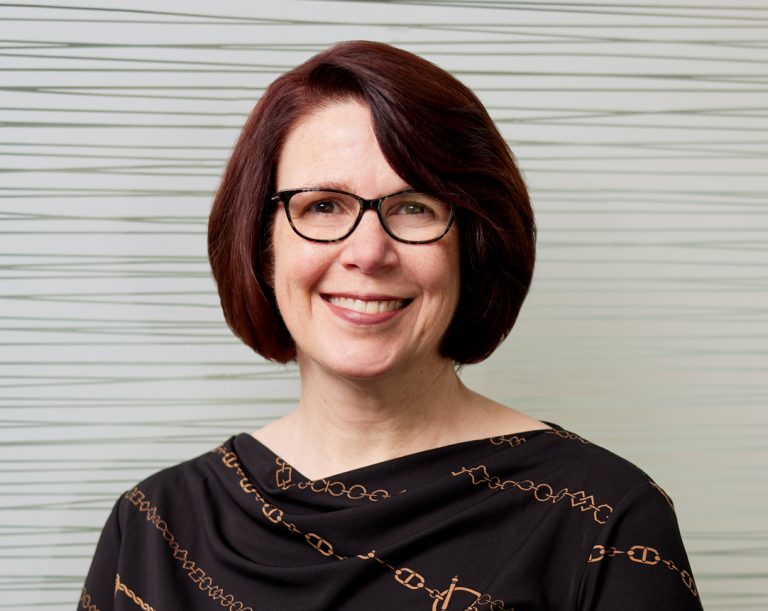
Money can be a major source of conflict for couples, and it’s not just about who pays for what. Sometimes, deeper dynamics can fuel resentment and erode trust.
That’s the case for Taylor, 29 and Hayden, 25, who sought help from Ramit Sethi on an episode of the I Will Teach You To Be Rich podcast.
Don’t miss
- Thanks to Jeff Bezos, you can now become a landlord for as little as $100 — and no, you don’t have to deal with tenants or fix freezers. Here’s how
- I’m 49 years old and have nothing saved for retirement — what should I do? Don’t panic. Here are 6 of the easiest ways you can catch up (and fast)
- Robert Kiyosaki warns of a ‘Greater Depression’ coming to the US — with millions of Americans going poor. But he says these 2 ‘easy-money’ assets will bring in ‘great wealth’. How to get in now
Taylor is a dentist who earns $14,600 a month and follows a strict savings plan. Her common-law partner, Hayden, makes $2,000 a month as a part-time bartender who “dabbles” in real estate.
But it’s not his salary that’s the issue. He has a history of gambling and lied about it for a year.
Beyond the income gap, they also have polar-opposite money mindsets. She’s a saver. He’s a spender. That imbalance has created what Taylor describes as a ‘mother-son’ dynamic, with her as the financial provider — a role she resents.
Although they’ve talked about getting married in the next two years, they’ve held off on getting engaged because of the money issues and the tension they’ve caused.
How different money mindsets affect couples
When Sethi asked Taylor if she trusts Hayden with money, she said, “Not my money.”
She added that she “cannot seem to get over the fact that he will not track his money and be financially responsible.” She said she’s also “scared of what our future could look like if he doesn’t get a hold of his spending or start budgeting.”
Taylor grew up in a household marked by instability, financial stress, health issues and incarceration. Her parents weren’t financially responsible, so she stepped up and became the caretaker.
“Now fast forward to adulthood,” said Sethi. “Taylor’s the saver, the contributor. Her partner is unreliable with money just like her parents. And Taylor feels safest when she’s the one in control.”
Hayden, on the other hand, was 16 when his dad passed away at age 42.
“Most of the guys that I know who lost their dads early have told me they expect to die at the same age,” Sethi said. “That belief that he’s going to die early shapes his view of money.”
Hayden eventually got into gambling, which he admitted became a habit; an addiction.
When he first moved in with Taylor, he made $35,000 from selling a house and blew all of it in about four to five months. And he managed to keep his gambling hidden from Taylor for over a year, even taking out a personal loan to “continue the lie.” When he finally came clean, Taylor was devastated.
“I never wanted to feel like a man was just living off of me. And that’s exactly what it ended up feeling like,” Taylor said. Hayden has since started therapy and joined Gamblers Anonymous.
Read more: Want an extra $1,300,000 when you retire? Dave Ramsey says this 7-step plan ‘works every single time’ to kill debt, get rich in America — and that ‘anyone’ can do it
When one partner feels like the financial caretaker
Nearly one in four couples say money is their greatest relationship challenge, according to the 2024 Fidelity Investments Couples & Money Study. More than one in four say they’re often frustrated by their partner’s money habits, but let it go for the sake of keeping the peace.
Most Americans in relationships — 98% — say financial compatibility is important. And 23% have ended a relationship because of financial incompatibility, according to a LendingTree survey. Another 34% said they would consider doing so.
The reasons vary: 38% say their partner overspends, while 34% say their partner doesn’t manage their finances effectively. It often comes down to communication.
The Fidelity study found that couples who make joint money decisions are more likely to say they communicate well or very well with their partner. Still, 29% of American couples rarely discuss finances, according to the LendingTree survey.
Financial stress can “lead to constant worry, tension and conflict, often spilling over into other areas of the relationship,” according to the Abundance Therapy Center in Valencia, CA. “Financial disagreements can also exacerbate existing issues, as money often symbolizes deeper aspects of trust, security and control in a relationship.”
Left unchecked, this can create “a cycle of avoidance, resentment and increased tension around financial matters.”
Breaking free requires communication
It’s natural to want to support a partner who’s struggling financially. But the line between helping and enabling can get blurry.
The way out often starts with honest communication. That could mean scheduling regular meetings — not impromptu conversations that catch one partner off guard and turn into arguments.
Some couples may even want to try couples counseling or financial counseling to get professional guidance in a neutral space.
From there, they can create a joint financial plan that outlines how they’ll share expenses and work toward goals like saving for a wedding or putting a down payment on a home. Each partner should contribute a portion of their income toward shared expenses.
But it’s not a one-time fix. Couples should revisit their meetings regularly and adjust their plan as needed.
Sethi’s advice for Taylor and Hayden? They need to “recalibrate” their relationship dynamics. That means having those difficult conversations about money. In this case, Sethi said Hayden should take the lead so Taylor doesn’t feel like managing their finances is yet another burden. That means talking about where the money is going, what needs to change and how it could be reallocated.
If they can do that before they’re married and have kids, then they can probably do it even better as their family grows.
What to read next
- You don’t have to be a millionaire to gain access to this $1B private real estate fund. In fact, you can get started with as little as $10 — here’s how
- Here are 5 ‘must have’ items that Americans (almost) always overpay for — and very quickly regret. How many are hurting you?
- Accredited investors can now buy into this $22 trillion asset class once reserved for elites – and become the landlord of Walmart, Whole Foods or Kroger without lifting a finger. Here’s how
- Rich, young Americans are ditching the stormy stock market — here are the alternative assets they’re banking on instead
Stay in the know. Join 200,000+ readers and get the best of Moneywise sent straight to your inbox every week for free. Subscribe now.
This article provides information only and should not be construed as advice. It is provided without warranty of any kind.


